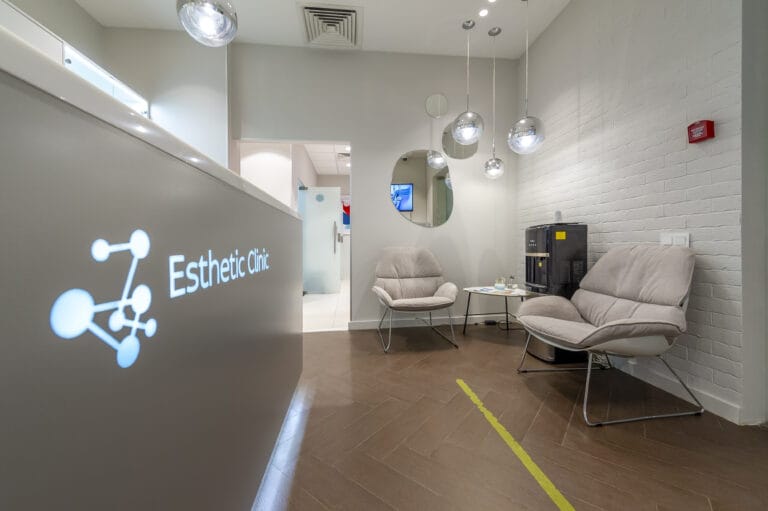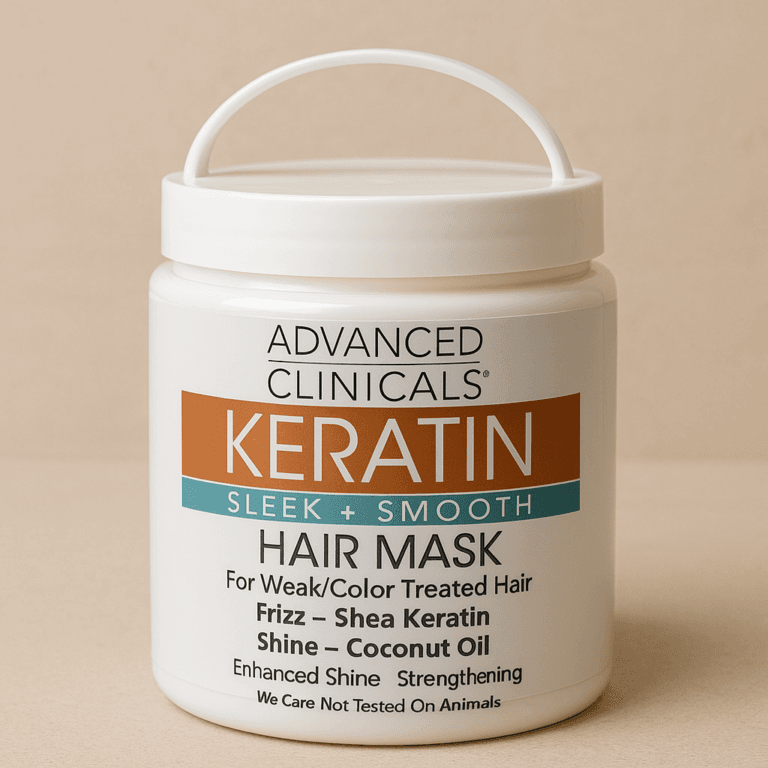Halal certification is gaining significant traction across various sectors, including the pharmaceutical industry. As consumer awareness and demand for halal products grow, so does the need for halal certification of pharmaceutical products. This blog post delves into the importance of halal certification for pharmaceuticals, its impact on consumer trust, and the role of certification agencies.
What is Halal Certification?
Halal certification ensures that products comply with Islamic law, particularly regarding ingredients and manufacturing processes. While most commonly associated with food, halal certification is increasingly important in pharmaceuticals as well. It guarantees that medications and healthcare products are free from any components that are not permissible under Islamic law.
The Growing Demand for Halal Pharmaceuticals
The demand for halal certification for pharmaceutical products is on the rise, particularly in regions with significant Muslim populations. As consumers become more health-conscious, they are also more discerning about the products they consume. The halal certification serves as a badge of assurance, indicating that the product aligns with their religious beliefs.
Consumer Trust and Brand Loyalty
For pharmaceutical companies, obtaining a halal pharmaceutical certificate can enhance consumer trust. When customers are assured that a product meets halal standards, they are more likely to choose that brand over others. This is especially crucial in the pharmaceutical sector, where trust can significantly influence purchasing decisions.
The Certification Process
Obtaining halal certification is not a straightforward process. It involves rigorous scrutiny of both ingredients and manufacturing practices. Companies must ensure that their processes are transparent and comply with halal standards. This is where halal certification services come into play.
Role of Halal Certification Agencies
Halal certification agencies play a pivotal role in the certification process. They conduct audits, provide guidance, and ensure compliance with halal standards. Their expertise helps pharmaceutical companies navigate the complexities of halal certification, making it easier to achieve compliance.
In the USA, several recognized agencies offer USA halal certification for pharmaceutical products. These agencies are instrumental in ensuring that products meet the necessary religious guidelines, thereby fostering trust among consumers.
Benefits of Halal Certification for Pharmaceuticals
Market Expansion: By obtaining halal certification, pharmaceutical companies can tap into new markets, particularly in countries with significant Muslim populations. This can lead to increased sales and brand recognition.
Enhanced Credibility: A halal certification not only boosts consumer confidence but also enhances the overall credibility of the brand. It signals to consumers that the company values ethical practices.
Increased Demand: With the rising awareness of halal products, there is an increasing demand for halal-certified pharmaceuticals. Companies that adapt to this demand can benefit from a larger customer base.
Halal Certification for Restaurants: A Parallel Perspective
While this article focuses on pharmaceuticals, it’s worth mentioning the importance of halal certification for restaurants as well. Just like in pharmaceuticals, halal certification in the food industry serves to build trust with consumers. Restaurants that obtain halal certification often see increased patronage from Muslim communities, who are enthusiastic about supporting businesses that align with their values.
Challenges in Obtaining Halal Certification
Despite the advantages, there are challenges associated with obtaining halal certification. Companies may face hurdles such as:
Complex Supply Chains: Ensuring that all ingredients and processes are halal-compliant can be complicated, especially in industries with intricate supply chains.
Cost and Time: The certification process can be costly and time-consuming, requiring companies to invest in audits and compliance measures.
Lack of Awareness: Some pharmaceutical companies may not be aware of the benefits of halal certification or how to go about obtaining it.
Future Trends in Halal Pharmaceuticals
As the demand for halal products continues to grow, the pharmaceutical sector is likely to see more innovations aimed at meeting this demand. Companies may begin to develop new formulations specifically tailored for halal certification, ensuring that they cater to a broader audience.
Conclusion
The importance of halal certification for pharmaceuticals is undeniable in 2025. As consumer awareness grows, pharmaceutical companies must adapt to meet the needs of their customers. Obtaining a halal pharmaceutical certificate not only enhances brand trust but also opens doors to new markets and customer bases. By leveraging halal certification services and working with recognized Halal Certification Agencies, companies can ensure compliance and gain a competitive advantage in the ever-evolving marketplace.
In summary, halal certification is not just a regulatory requirement; it is a strategic move that can significantly impact a company’s success in the pharmaceutical industry. As consumers continue to prioritize ethical and religious considerations in their purchasing decisions, businesses must recognize the value of halal certification in fostering trust and driving growth.






